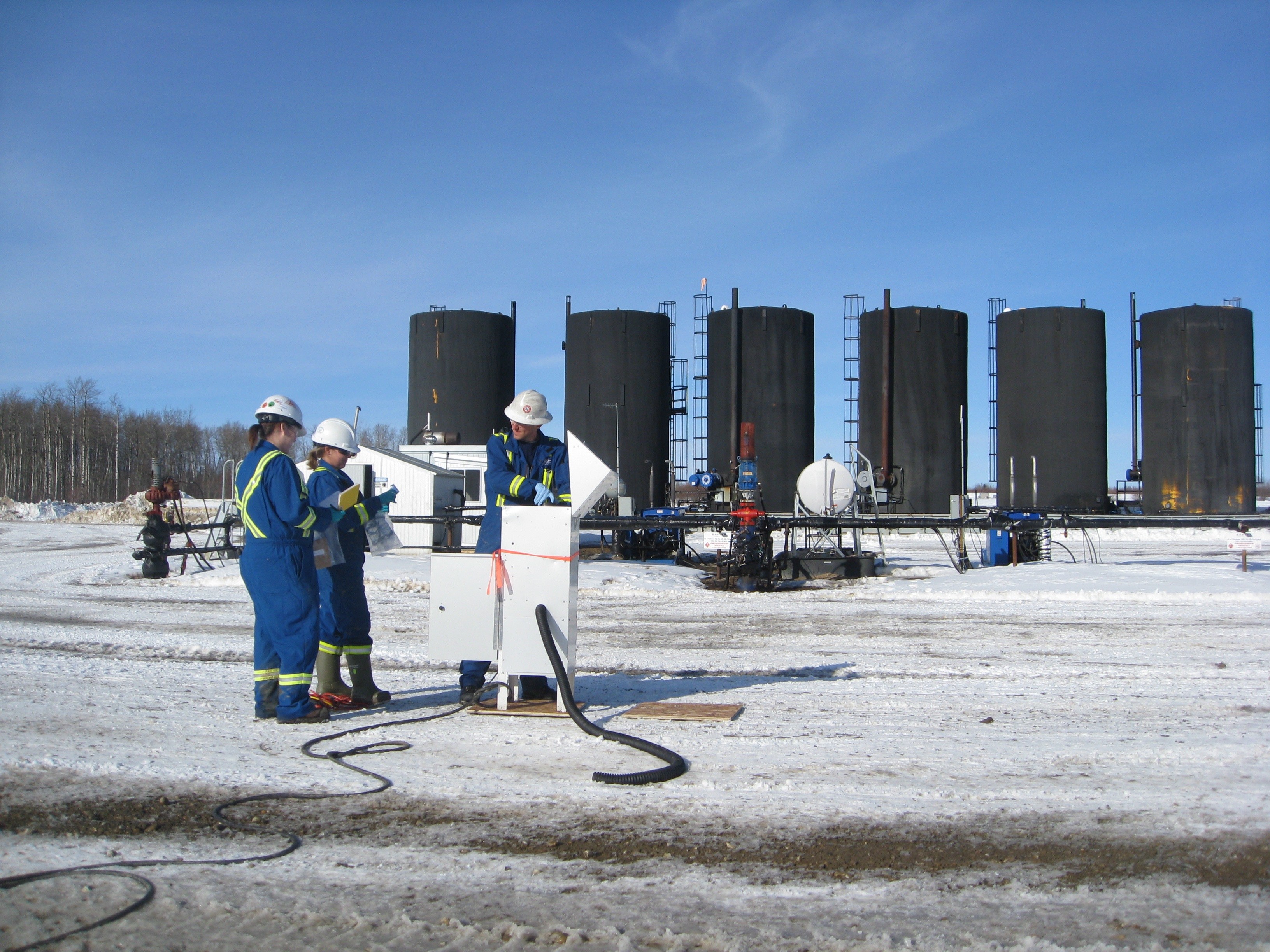Just Grab a Sample? Wait! Not so fast!
Unfortunately, I hear the words "just grab a sample" too often in my line of work.
Many people think that collecting samples is as simple as filling a container with soil, air or water and sending it to the lab. And if you're out in the field already... why not just grab a sample? It will save on costs since you will not have to send someone out again, right? Unfortunately, no.
Grabbing quick samples usually leads to problems or issues down the road. Any potential mistakes made with this quick decision cannot be undone, and bad data costs a lot of money to fix in the long run.
Before grabbing a sample, you need to ask yourself a very important question - why? Why are you grabbing a sample? That question may not be as easy to answer once you start to think about it.
Why Collect a Sample?
Sample collection is one of the most overlooked components of an investigation. It is also where the most mistakes occur.
Collecting samples correctly takes some thought and planning. You need to know why you are collecting a sample, and then you can determine how to collect the right sample for the study or investigation.
Let's look at some examples...
- Maybe there is a release of oil into a muskeg, river, or stream. There is free product on the water that is visible. Grab a sample? Why? You already know it is contaminated. It is definitely above regulatory guidelines if you can see free product. So, there is really no need to get a number that you already know is above guidelines.
- Maybe you want to characterize the oil from the muskeg, river, or stream. Now, you are no longer collecting a water sample; it is an oil sample. Do you have the right bottles to collect oil? And do you know the proper technique to collect an oil sample that will be used to characterize the oil?
- How about another scenario where you are out on an oil and gas lease and smell an odour? Grab a sample? Why? Will you use the sample to characterize the odour? Or to see if there are potential health effects? If the former - a spot sample needs to be collected. If the latter, then a 1 hour sample is likely more appropriate. What are you analyzing for? If it is for reduced sulfur compounds (the stinky compounds) then you need special canisters with liners, and they need to be run within 48 hours of collection.
When you answer why you are collecting a sample, you can then make an informed choice regarding if you should "grab a sample" or not. Don’t just “wing it". It can lead to more trouble later on.
Summary
Collecting bad samples results in bad data. Bad data takes a lot of time and effort to fix, and sometimes the damage to the study or investigation cannot be undone.
Too many samples are grabbed because people thought it was easy and wouldn’t be a problem. But the best chemists and investigators have a plan in place, so they know they are using the best practices. If analysis costs were more expensive, perhaps people would think harder before grabbing a sample.
What are some sampling horror stories you have seen or heard? Don’t give details, just the overview. I would like to hear your stories.




